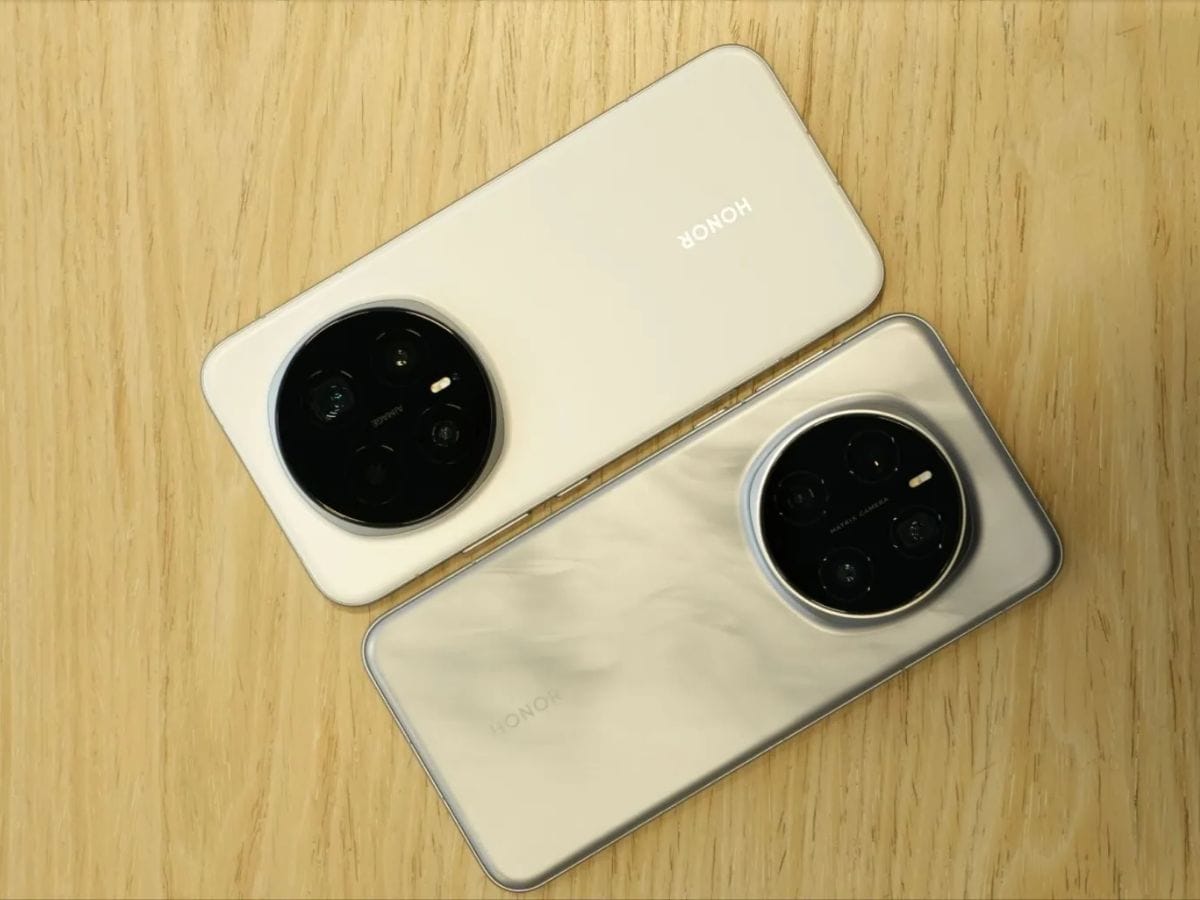The case quickly went around the world. A few hours ago, Donald Trump shares a Deepfake video on his social network featuring Barack Obama arrested by the FBI in the Oval office. Behind the deliberately provocative nature of the operation, does the president remain in the nails of legality?
Does Donald Trump have the right to publish a Deepfake of Barack Obama?
The United States tackles the question of AI, and its use from a libertarian angle. Several projects of federal laws aim to supervise the use of Deepfakes, such as the DEEPFAKES Accountability Act voted in 2023, and the No Fake Act written the following year. However, in 2025, the regulation remains fragmented and the sanctions vary according to the type of content and according to the state.
In general, almost all of the American states have legislated on the dissemination of Deepfakes, especially when they affect privacy or reputation, or fall under pornography or malicious disinformation. The fact remains that the notion of political satire in question here benefits from a greater room for maneuver. In this specific case, freedom of expression, protected by the first amendment, takes precedence over restrictions, unless the video generated is defamation, incentive to hatred or attempted electoral manipulation. Despite the obvious bad faith of the American president, justice will have a hard time pursuing its author (which is not Donald Trump) without proof of manifesting evidence. The debate, in this context, would have essentially been moral and political.
And in France?
In France, the law is more strict. Little luck therefore that Emmanuel Macron does not have fun sharing videos featuring François Hollande in a cell. Since the SREN law of 2024, strengthening article 226-8 of the penal code, France indeed has one of the most severe executives in the world against Deepfakes. It is forbidden to publish or share image content, audio or video representing a person without their consent, if the artificial nature of production is not clearly explained or immediately perceptible. In the case of the video shared by Trump, artificial nature is not clearly mentioned. Political satire or not, this breach would expose its author to sentences of up to two years in prison and € 45,000 fine in the event of dissemination on social networks.
At the heart of this legislation, we find the protection of reputation, image law and privacy. If the video is shared without a clear warning or consent of the person represented, a risk of public deception is enough to engage the criminal responsibility of the author.
Between France and the United States, two diametrically opposed ways to design online freedom that are competing. On the one hand, priority is given to the prevention of deception and the protection of people. On the other, the absolute defense of freedom of expression leaves more space for satire and the risk of confusion, in the name of public debate.
🟣 To not miss any news on the Geek newspaper, subscribe to Google News and on our WhatsApp. And if you love us, .












